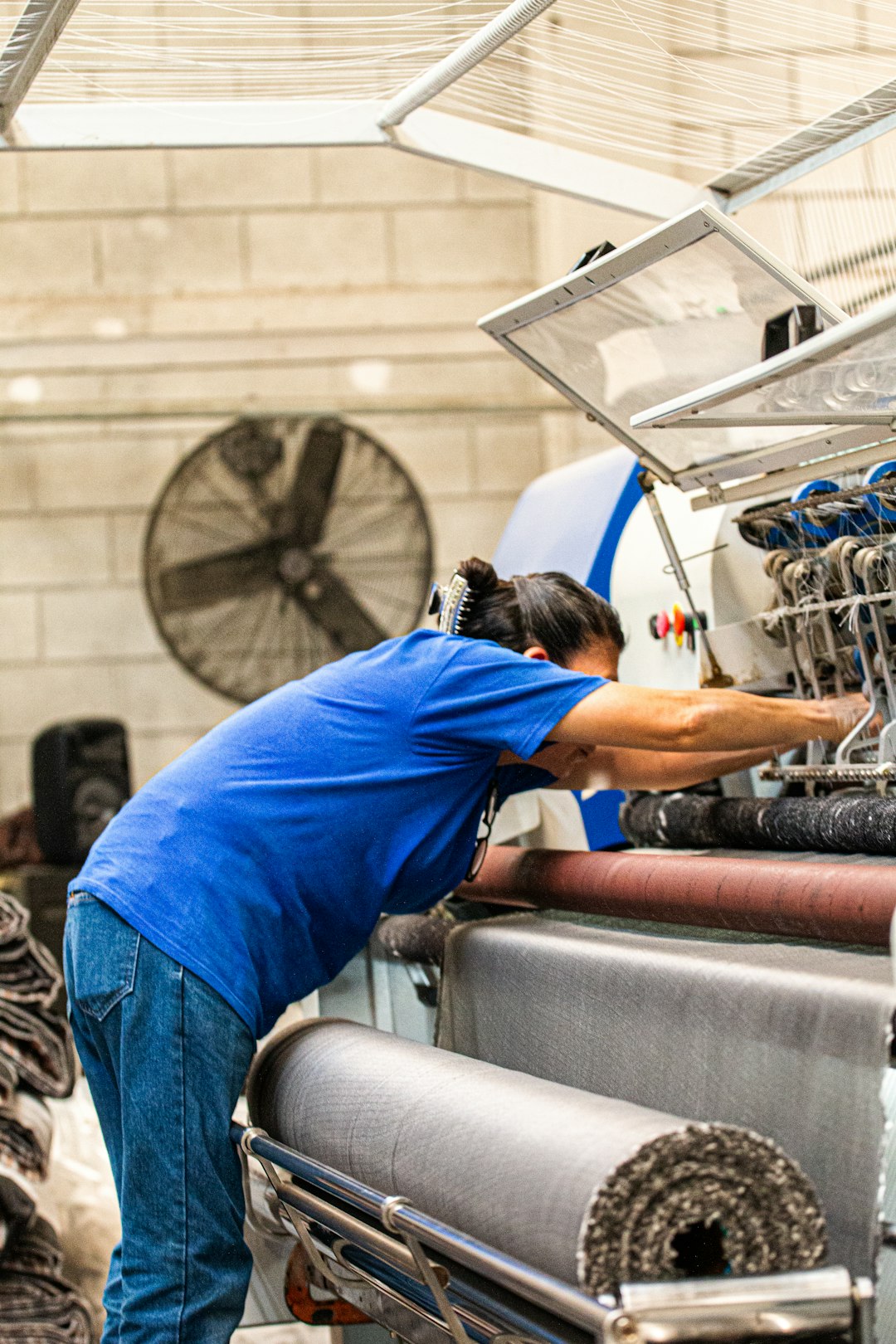The Evolution of Manufacturing: From Craftsmanship to Automation
The manufacturing industry has always been a crucial part of human society. From the dawn of civilization, humans have been creating tools and products to improve their daily lives. Over time, the process of manufacturing has evolved significantly, revolutionizing the way goods are produced. One of the most significant changes in manufacturing is the transition from craftsmanship to automation. In this blog post, we will explore the evolution of manufacturing, highlighting the key advancements that have shaped the industry.
Craftsmanship: The Birth of Manufacturing
Before the advent of machinery, manufacturing was primarily a manual process carried out by skilled craftsmen. These craftsmen were highly skilled individuals who meticulously created products by hand. Whether it was a wooden chair, a piece of clothing, or a metal tool, every item was crafted with precision and care. Craftsmanship allowed for unique and personalized products that met the specific needs and preferences of customers.
The Industrial Revolution: The Introduction of Machinery
The Industrial Revolution, which began in the 18th century, marked a significant turning point in the history of manufacturing. With the invention of new machinery and technologies, the manufacturing process became faster and more efficient. One of the most notable advancements was the invention of the steam engine, which powered machines and transformed the production landscape.
Factories emerged, replacing the traditional workshop setting. Mass production became possible as machinery could produce goods in larger quantities at a faster rate. The assembly line system, introduced by Henry Ford in the early 20th century, further streamlined the manufacturing process. Workers performed specialized tasks, allowing for increased productivity and reduced costs.
Automation: The Rise of Machines
While the mechanization of manufacturing was a significant leap forward, it was the introduction of automation that truly revolutionized the industry. Automation refers to the use of machines or computer systems to control and operate various manufacturing processes. It eliminates the need for human intervention and allows for continuous and precise operations.
The development of computer numerical control (CNC) technology was a game-changer in manufacturing. CNC machines enabled the production of complex and intricate parts with unparalleled precision. This technology allowed for the creation of consistently high-quality products and significantly reduced the margin of error.
Robots also played a vital role in the evolution of automation in manufacturing. These programmable machines could perform tasks traditionally carried out by humans, such as welding, painting, and assembling. They increased productivity, improved safety, and reduced labor costs.
With the emergence of artificial intelligence (AI) and machine learning, automation has reached new heights. AI-powered robots can now learn from their surroundings and adapt to different situations, further enhancing their capabilities. Manufacturers can optimize production processes, minimize downtime, and improve overall efficiency with the help of these advanced technologies.
The Impact of Automation
The transition from craftsmanship to automation has had a profound impact on the manufacturing industry. While craftsmanship allowed for unique and personalized products, automation has made mass production possible, leading to increased availability and affordability of goods for consumers.
Furthermore, automation has eliminated many labor-intensive and physically demanding tasks, leading to better working conditions for employees. Workers can focus on overseeing and managing the automated processes, which require a different set of skills and expertise.
However, the rise of automation has also raised concerns about job displacement. As machines take over routine and repetitive tasks, many fear that workers will be replaced, leading to unemployment. While automation does result in job restructuring, it also creates new job opportunities in fields such as robotics, programming, and maintenance.
Looking Ahead
As technology continues to advance, the manufacturing industry will undoubtedly undergo further transformations. From the development of smart factories to the integration of the Internet of Things (IoT), manufacturing will become even more connected, efficient, and sustainable.
Ultimately, the evolution of manufacturing from craftsmanship to automation has been driven by the quest for efficiency, productivity, and innovation. While the notion of the skilled craftsman may seem nostalgic, automation has paved the way for new possibilities and advancements in the manufacturing world. With ongoing developments, the future of manufacturing promises to be an exciting one, pushing the boundaries of what is possible and shaping the world we live in.

